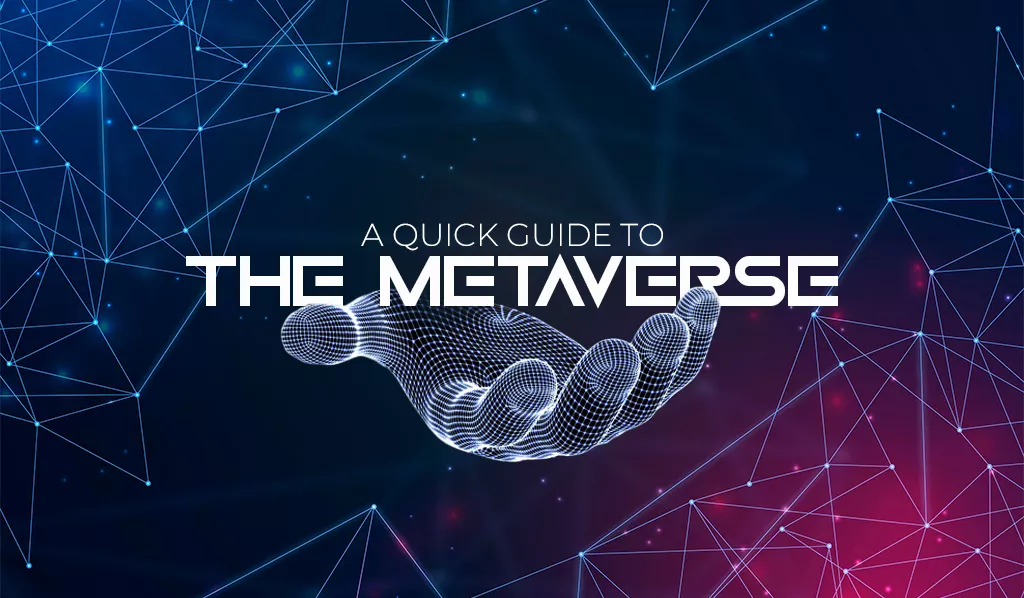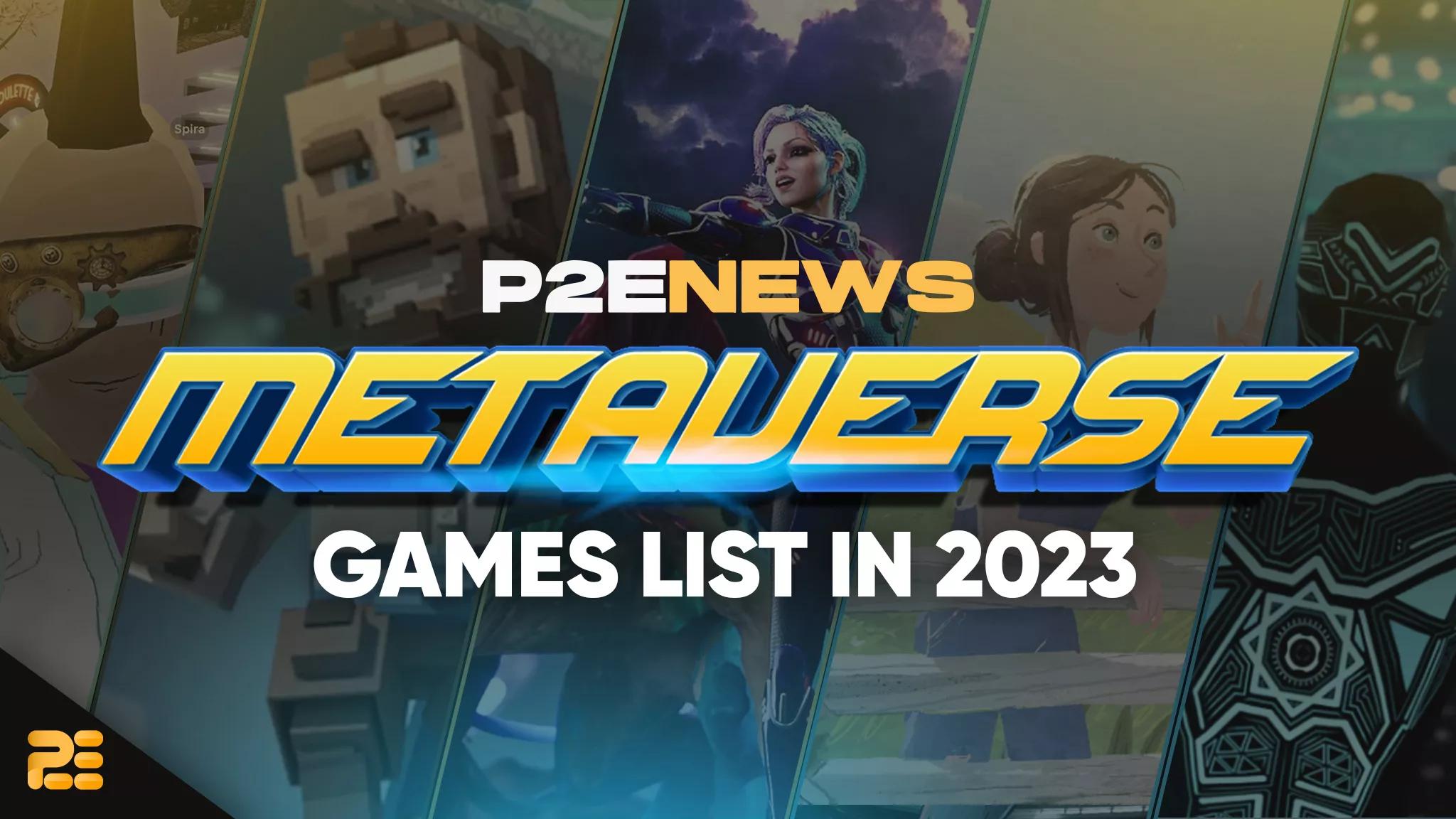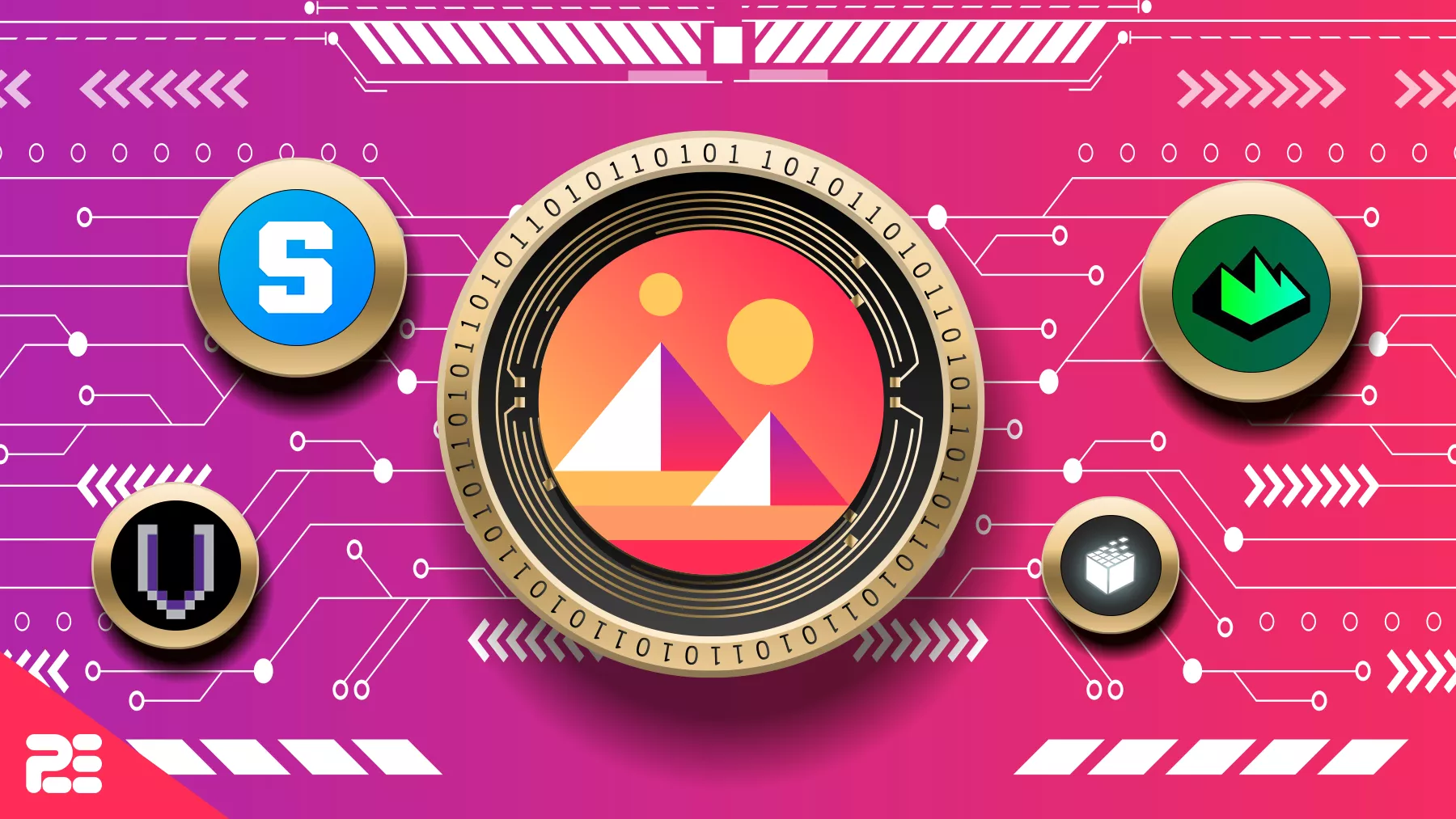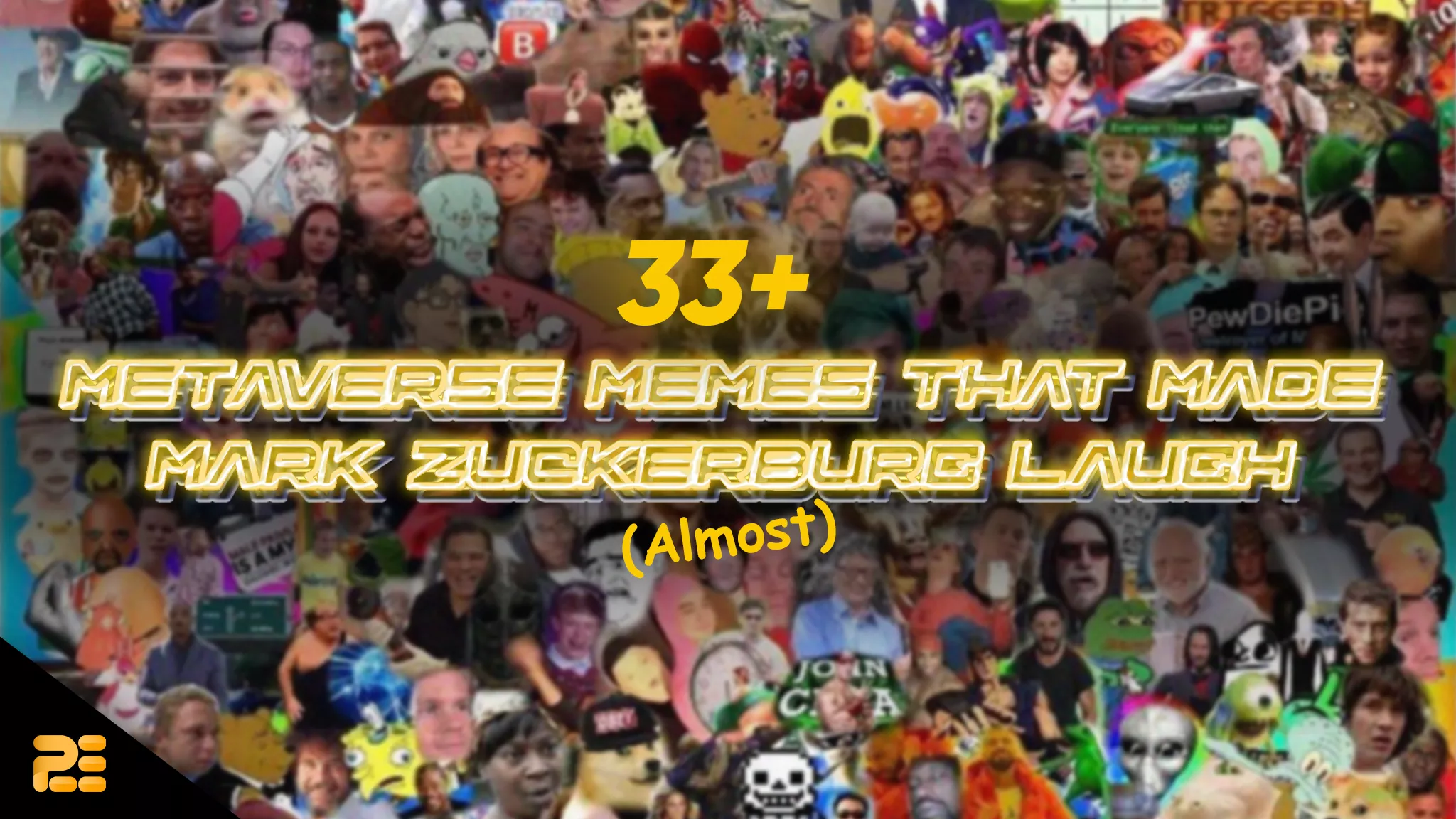The Troll’s Guide to the Metaverse

The term “metaverse” is now one of the latest buzzwords on the internet – especially with Facebook’s rebranding into a company called “Meta” – as well as the ongoing debates on what this means for the future of technology.
For those of us who have been following technological developments closely, I’m pretty sure that it is a bewildering experience to have. After all, this wasn’t even possible a couple of years ago.
What Does Metaverse Even Mean?
To define the word, it is composed of two roots: the Greek root “meta” refers to the concept of “beyond,” which we associate with transcendence and increased comprehension. On the other hand, “verse” comes from the Old English word “fers” and the Latin “versus,” which could all mean a turn of a wheel, a verse of writing, or a trail.
In other words, we could say that the metaverse is a “journey that goes beyond the trail,” which highlights the brave new world that the metaverse brings to our everyday lives.
In today’s terms, “metaverse” is a broad-ranging term that combines different aspects of gaming, economics, social media, content creation, cryptocurrencies, augmented reality (AR), and virtual reality (CR) in order to recreate a wide range of experiences that we could otherwise only do in the real world.
There are many possibilities and applications of having metaverses on the interwebs. As a result, the metaverse is considered one of the most promising tech developments in recent memory.
Powered by the blockchain, metaverses are born by anyone with the knowledge and hardware capacity to create it. The beauty of it is the fact that you don’t have to be a multinational giant to provide a wonderful experience for your users. Though, of course, having a lot of resources undoubtedly makes constructing these metaverses a lot easier!
How It Works In Practice
Think of a metaverse as a curated experience that also serves as an extension of your daily reality. Yes, you can do potentially anything you want inside that “sandbox,” but the basic parameters are still controlled by a specific party (i.e., developers, companies, or the community at large). This allows each metaverse to provide a unique experience to its users.
Within you can roam around with friends, play games, buy and sell stuff, own virtual land, and more! You essentially live an extension of your physical life within the seemingly endless tracts of the virtual world.
While there are many metaverses out there at the moment (and there have been many attempts to create metaverse analogues in the past), there are ongoing efforts to connect all of these islands and allow the user to seamlessly transfer from one experience to another, thus creating a multi-layered and wide-ranging experience.
There are many applications of the metaverse that go beyond games and NFTs. While it sounds weird to think of schools and education programs based in a metaverse, we can expect students to learn within one of these virtual environments in the foreseeable future.
From an economic standpoint, metaverse now takes the concept of social media to a whole new level. The community has a say in the direction of the experience and a way to get some “material” benefits from using, participating, and creating content within that specific metaverse.
The metaverse is here to stay, so we might just as well try to understand it in the best way that we can! To see the latest news, updates, and leaks make sure to always check in at P2ENews.com.








